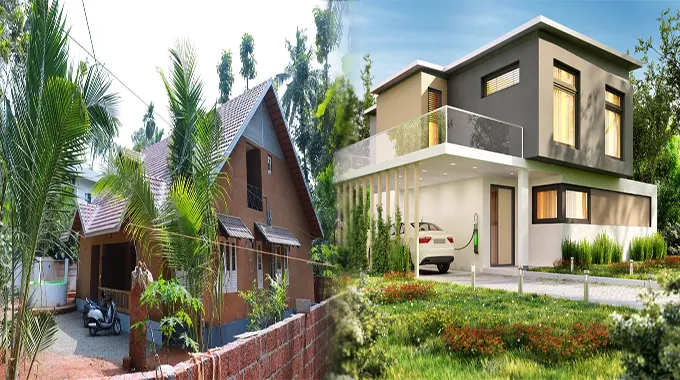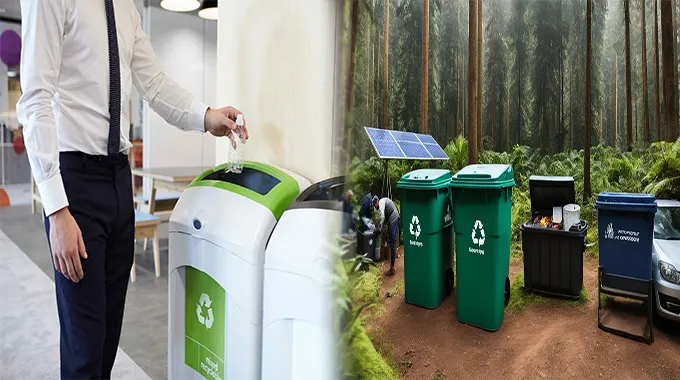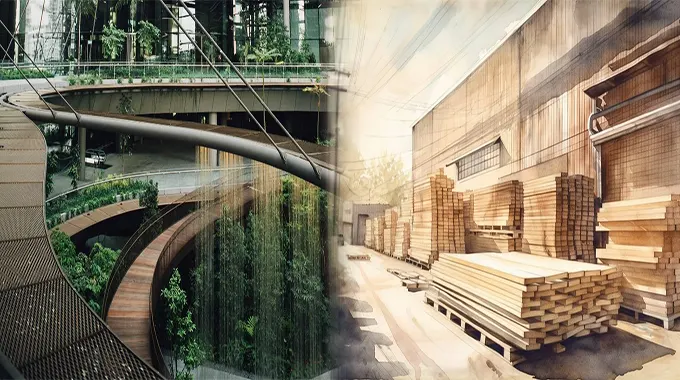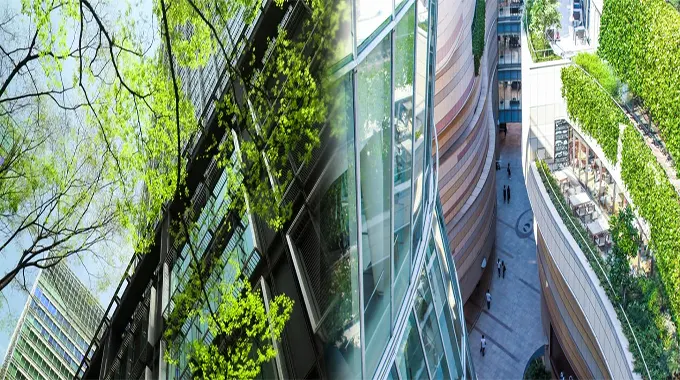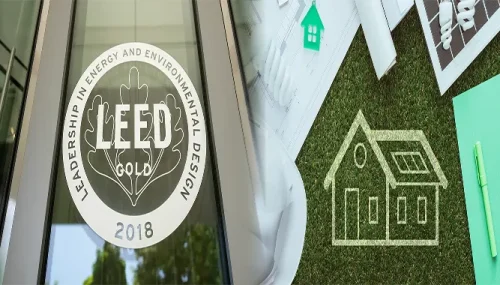Green Building Design Strategies for Environmentally Friendly Homes
As awareness of environmental issues continues to grow, more homeowners are looking for ways to reduce their carbon footprint and create sustainable living spaces. One effective way to achieve this is through green building design strategies that prioritize energy efficiency, resource conservation, and overall sustainability. In this article, we will explore the importance of green building design for environmentally friendly homes and provide practical tips on incorporating sustainable practices into the design and construction process.
Importance of Green Building Design
Green building design goes beyond traditional construction methods by emphasizing energy efficiency, water conservation, and the use of environmentally friendly materials. By implementing green building strategies, homeowners can reduce energy consumption, lower utility costs, and minimize environmental impact. Additionally, green homes are healthier and more comfortable for occupants, with improved indoor air quality and natural lighting.
Green building design also contributes to overall sustainability by conserving resources, reducing waste generation, …

